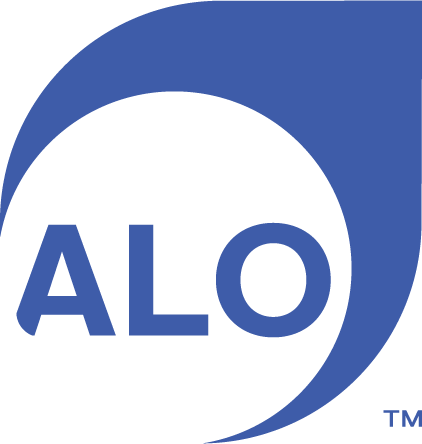Making Sure Independent Practices Have a Seat at the Table
“You’re either at the table or on the menu.”
This is how the CEO of a large independent medical group described his current view of the dynamics in the market during a recent meeting. His sense of strategic urgency surprised me—his group is one of the larger independent groups in the region. If he was feeling uncertain about his place in the care delivery landscape, how must smaller groups with lesser resources be feeling?
I do think his questioning is warranted, however—and not just to live Andy Grove’s mantra that “only the paranoid survive.” He was reacting to the ever-growing trend of consolidation of the care delivery system, with already large and well-resourced players getting bigger, and many new entrants, less established but also well-funded, popping up. Can his group thrive at their current scale? Or do they need a partner?
My answer would be yes: for his group, for others similarly situated, and for the large number of smaller independent practices a good partner is critical. In the current environment, health care demands more and more scale to enhance operating efficiency, adopt new technologies and improve access points for care. Similarly, taking risk in value-based care will challenge smaller organizations as they do not have the size or resources to compete in the value-based care environments that will be the future. And even the largest groups are at a scale disadvantage. Take, for example, Alo’s home market of North Carolina: if you add up the number of providers in the ten largest independent groups in the state, that combined group would be smaller than nearly any of the hospital-employed medical groups in the state. And they would have to match this person-power deficit with a likely larger financial disadvantage.
But we recognize that for many independent providers, the only path to scale is to consolidate into a much larger entity. We provide a new set of options for practices.
That’s why we built Alo to bring the benefits of scale without sacrificing the joys of independent practice. We have built and continue to build solutions that meet practices where they are and meet distinct needs. For example, for those physicians who wish to have a comprehensive management services organization, we empower independent owner-operators to exercise their clinical judgement, build practice cultures reflective of their values, and serve their local community. The MSO then handles the administrative, operational and financial tasks that distract from patient care.
This belief in the power of scale also animated our decision to launch the Alo Clinically Integrated Network (CIN) as another solution. The CIN serves as a platform for otherwise independent providers to collaborate on and access new ways to improve care without adding MSO services to their practice. The CIN makes investments in programs and technology unavailable to most smaller providers while also negotiating with payers collectively to be rewarded for delivering enhanced value. Providers do not need to change their EMR, operations, or brand or sell their practice to get the benefits of CIN membership.
The Alo CIN originated in North Carolina for North Carolina providers. Providers in our state will have a significant opportunity to shape the future direction of the independent practice community in North Carolina through the CIN. When choosing a partner, local presence and local leadership matters.
